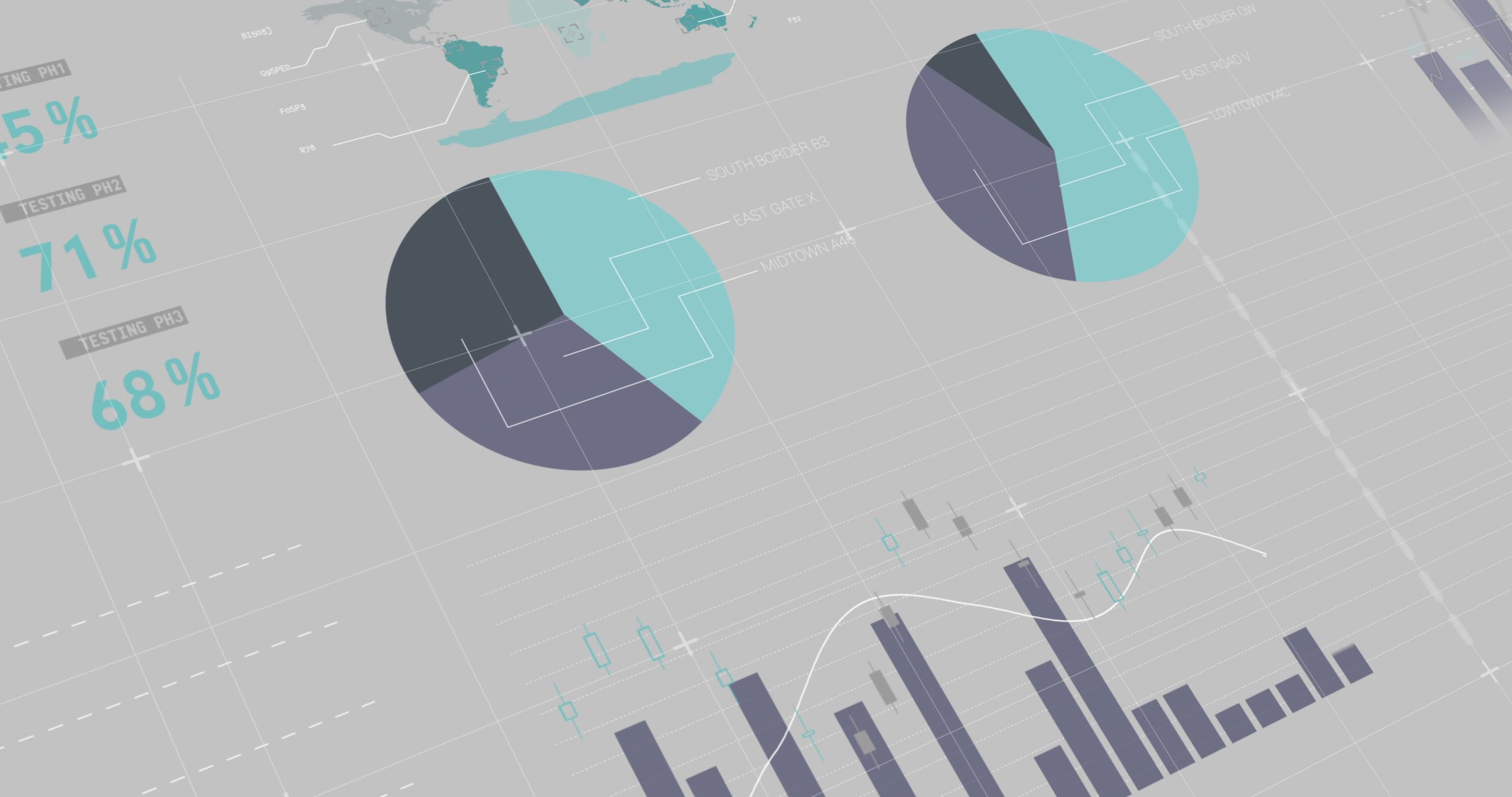The recent US stock market drop has been a shock to many investors, with the Dow Jones Industrial Average tumbling by more than 450 points. With so much uncertainty in the markets, it’s natural for investors to be nervous about their portfolios. It’s also reasonable to ask: is inflation to blame? In this blog post, we will explore what the recent US stock market drop means for investors and whether or not inflation is at fault. We’ll also look at some strategies that investors can use to protect themselves from further losses during this turbulent period.
The recent stock market drop
The recent stock market drop has investors wondering if inflation is to blame. After all, prices for goods and services have been on the rise lately. And, when inflation goes up, so does the cost of borrowing money. That makes it more expensive for companies to borrow money to grow their businesses, which can lead to a slowdown in the economy and ultimately a stock market drop.
So, is inflation to blame for the recent stock market drop? Not entirely. While inflation may be playing a role, there are other factors at play as well. For example, political uncertainty can also lead to a stock market drop. And that’s exactly what we’re seeing right now with the upcoming presidential election. Investors are nervous about what might happen if one party or the other takes control of the White House and Congress. That uncertainty can lead to selling pressure in the stock market.
Inflation may be a factor in the recent stock market drop, but it’s not the only factor. Political uncertainty is also playing a role. As we head into the presidential election, investors will continue to keep a close eye on developments in Washington DC.
What inflation is
Inflation is defined as a sustained increase in the general price level of goods and services in an economy. In other words, it erodes purchasing power over time – each dollar you have today buys fewer goods and services than it will in the future. The most common measure of inflation is the Consumer Price Index (CPI), which tracks changes in the prices paid by urban consumers for a market basket of consumer goods and services.
There are two main types of inflation: demand-pull inflation and cost-push inflation. Demand-pull inflation occurs when there is too much money chasing too few goods, resulting in higher prices. This is often caused by rapid economic growth or loose monetary policy (i.e., easy money). Cost-push inflation, on the other hand, results from increases in production costs, such as those caused by raw materials shortages or wage pressures.
The recent stock market drop can be partly attributed to fears of inflationary pressures building up in the economy. While inflation has been relatively low in recent years, there are some signs that it may be starting to pick up. For example, the CPI rose 2.3% in 2017 – its fastest pace since 2012 – and wages are starting to increase at a faster clip as well. If inflation does start to accelerate, it could eat into corporate profits and weigh on stock prices going forward.
How inflation affects investors
Inflation is one of the most important factors to consider when investing, because it can have a major impact on the value of your investment. When inflation is high, the purchasing power of your investment decreases, and you may not be able to buy as much with your investment as you could have in the past. This can have a significant impact on your return on investment (ROI).
In addition, high inflation can also lead to higher interest rates, which can make it more expensive to borrow money for investments. This can offset any potential gains from inflation, and may even lead to losses.
Therefore, it’s important to keep an eye on inflation when investing, and to factor it into your investment decisions. If you’re concerned about inflation eating into your profits, there are a few things you can do to protect yourself:
-Invest in assets that are likely to appreciate in value during periods of high inflation. For example, commodities or real estate tend to do well when inflation is high.
– Hedge your investments by investing in both inflation-sensitive assets and assets that are less impacted by inflation. This way, if one asset class suffers losses due to inflationary pressures, you may be able to offset those losses with gains in another asset class.
– Use financial instruments such as options or futures contracts to protect yourself against potential losses from high inflation.
By considering how inflation will impact your investments, you can make smarter investment choices and help protect yourself
What the future holds for investors
The recent stock market drop in the United States has many investors worried about what the future holds. Is inflation to blame?
Inflation is one of the key factors that can impact investments. When inflation is low, it can be a good time to buy stocks and other assets. However, when inflation is high, it can erode the value of investments.
The recent stock market drop may be due in part to rising inflation fears. Inflation has been on the rise in recent months, and this has led to concerns that asset prices could fall.
Investors should closely monitor inflation levels and make adjustments to their portfolios as needed. They should also diversify their holdings to help mitigate the risks associated with inflation.











